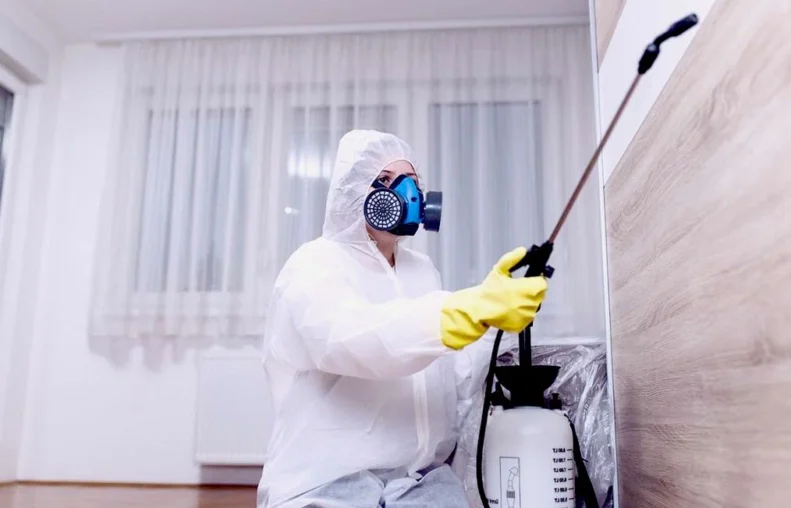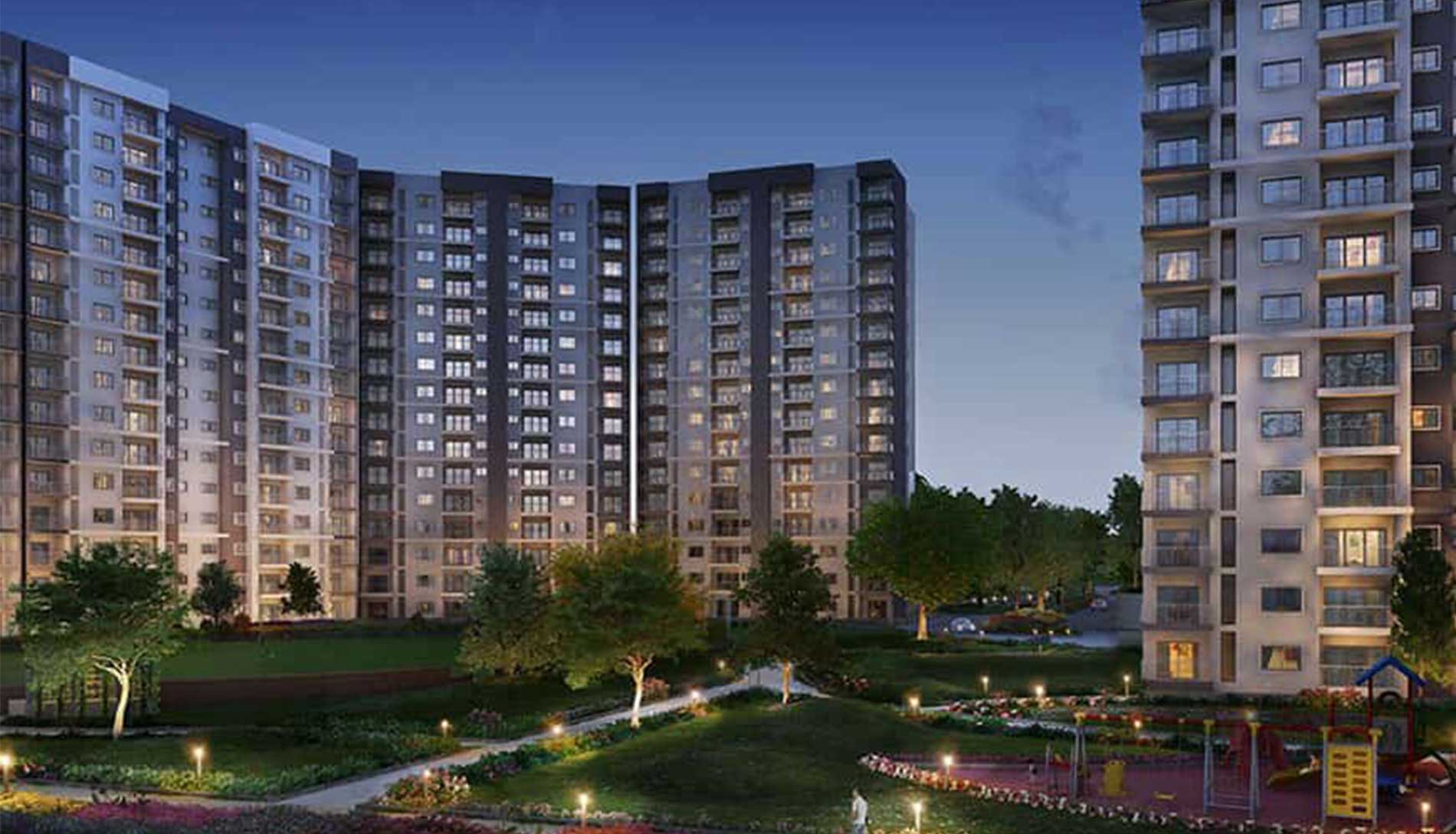Pests don’t stop at the walls between apartments—and when neighbors refuse to act, the problem can quickly get worse. Here’s what NYC tenants need to know about their rights and how to take effective action.
The Problem: Shared Walls, Shared Pests—But Not Always Shared Responsibility
Living in a multi-unit building in New York City comes with its challenges. Noise, heating issues, and package thefts are common gripes—but when pests move in, things get serious fast. Cockroaches in the hallway? Mice in the shared trash chute? Termites in a floor joist you don’t even own? It’s all too familiar in NYC.
Here’s the real kicker: even if your apartment is spotless, you can still end up with a pest problem thanks to one neighbor who leaves garbage piled up, ignores leaks, or refuses to report a roach sighting. And when that happens, frustration builds quickly.
For tenants trying to protect their homes and health, the situation becomes maddening—especially when the landlord or neighbor doesn’t cooperate. NYC renters often ask, “Can I force my neighbor to fix the problem?” or “Is my landlord responsible if pests keep coming from another unit?” Let’s break it down.
The Agitation: How Neighbor Negligence Turns into Your Nightmare
Pests are not polite. They don’t knock. They creep through cracks in the floor, crawl through plumbing lines, and skitter under baseboards from one unit to the next. And once they’re in, they don’t leave on their own.
A typical NYC horror story? Termites in a neighboring apartment go unchecked. Over time, they chew their way into your walls, damaging wooden beams and warping your floorboards. Or a family two doors down ignores their roach infestation, and suddenly you’re waking up at 2 a.m. to flick bugs off your countertops.
Here’s what happens when neighbors or landlords don’t take pest control seriously:
- Infestations spread faster than they can be stopped.
- Your living conditions decline, even if you’re doing everything right.
- Health risks escalate, especially for children, seniors, and people with asthma or allergies.
- Repair costs can rise—especially if structural pests like termites get involved.
That’s why being proactive matters. But sometimes, no matter how hard you try, someone else’s inaction undermines your efforts. It’s not just annoying—it’s a threat to your safety and property.
The Solution: Know Your Rights and Take Smart, Documented Action
The good news? NYC housing laws are clear: Landlords are responsible for maintaining pest-free living conditions across the entire building—not just inside your unit.
Under New York City’s Housing Maintenance Code, landlords must take reasonable steps to eliminate pests and prevent conditions that attract them. This includes providing effective extermination services, sealing cracks, fixing leaks, and ensuring common areas are clean and safe.
But what happens when the source of the infestation is your neighbor—and they won’t cooperate?
Here’s a step-by-step approach that works in NYC:
Document everything.
- Take photos or videos of pests, damage, or unsanitary conditions.
- Note the dates and times of sightings.
- If you suspect a neighbor’s unit is the source, log those details too—without confronting them directly.
Report it to the landlord or management company.
- Include written proof and request professional pest control.
- NYC landlords are legally required to address pest issues quickly.
Call 311 and file a complaint.
- If the landlord fails to act, this creates an official record with NYC’s Department of Housing Preservation and Development (HPD).
- HPD can inspect the building, issue violations, and even order emergency extermination.
Consult a tenants’ rights organization.
- Groups like the Met Council on Housing or Legal Aid Society can help if the issue escalates or if you’re facing retaliation.
Invest in short-term protection while the issue is handled.
- Use safe traps, door sweeps, and wall sealants to protect your own space while waiting for action.
Case Study: Termite Trouble in a South Bronx Walk-Up
In early 2024, a family living in a pre-war brick building in the South Bronx noticed a strange pattern of soft spots in their hardwood floors. A closer look revealed frass—tiny wood-colored droppings often left behind by termites.
They contacted the landlord immediately, who sent a handyman to patch the floor but ignored the source. Weeks later, a neighbor mentioned similar damage in their own unit but admitted they hadn’t said anything. The landlord continued to downplay the issue.
Frustrated and worried about structural damage, the family filed a 311 complaint. An HPD inspection revealed active termites throughout several connected units and ordered professional treatment. Within days, termite treatment the Bronx experts were brought in, using bait systems and wood treatment products to eliminate the colony.
After a few follow-up visits, the problem was brought under control—but only because the tenants took matters seriously. Their vigilance not only protected their apartment—it helped safeguard the entire building.
Why DIY Fixes Aren’t Enough in Shared Spaces
You might be tempted to take the issue into your own hands. Store-bought traps, sprays, or ultrasonic repellents can seem like a quick fix. But in shared buildings, especially in places as densely packed as NYC, pest control needs to be a building-wide effort.
Professionals do more than just spray—they identify entry points, track infestation routes across units, and use solutions that treat the root cause, not just the symptoms. Without that coordinated approach, you’re basically playing whack-a-mole.
Your Rights as a Tenant: What the Law Guarantees
Here’s what NYC law entitles you to when it comes to pest problems:
- A clean, safe, and pest-free living environment.
- Timely and effective extermination services at the landlord’s expense.
- Protection from retaliation if you file a complaint.
- The right to call HPD or go to housing court if your landlord fails to act.
Whether it’s roaches, rats, or something as serious as termites, the law is on your side. And when neighbors won’t help—or even admit there’s a problem—you still have options.
When to Bring in the Pros
If your landlord responds slowly, or you suspect the problem is bigger than your apartment, it’s time to suggest professional help. NYC is home to some of the nation’s most experienced pest specialists. Whether you’re dealing with termite treatment the Bronx locals trust or multi-unit rodent infestations in Queens, expert intervention matters.
And if your building doesn’t step up? Call 311, get legal advice, and don’t be afraid to organize with other tenants. Many infestations only get resolved when residents speak up—loudly and clearly.
Take Back Control of Your Space—Even in Shared Living
You shouldn’t have to live with pests because someone down the hall doesn’t care. Whether you’re renting a fifth-floor walk-up in Washington Heights or a two-bedroom in Crown Heights, you deserve a safe, clean home.
If you’re dealing with a pest issue that isn’t being handled properly, don’t wait. Speak up, document everything, and bring in professionals when needed. Shared buildings shouldn’t mean shared infestations—and with the right steps, you can reclaim your peace of mind.
Need expert help right now? Call us today for fast, effective pest control solutions in NYC.
📱 +1 718-427-6200





